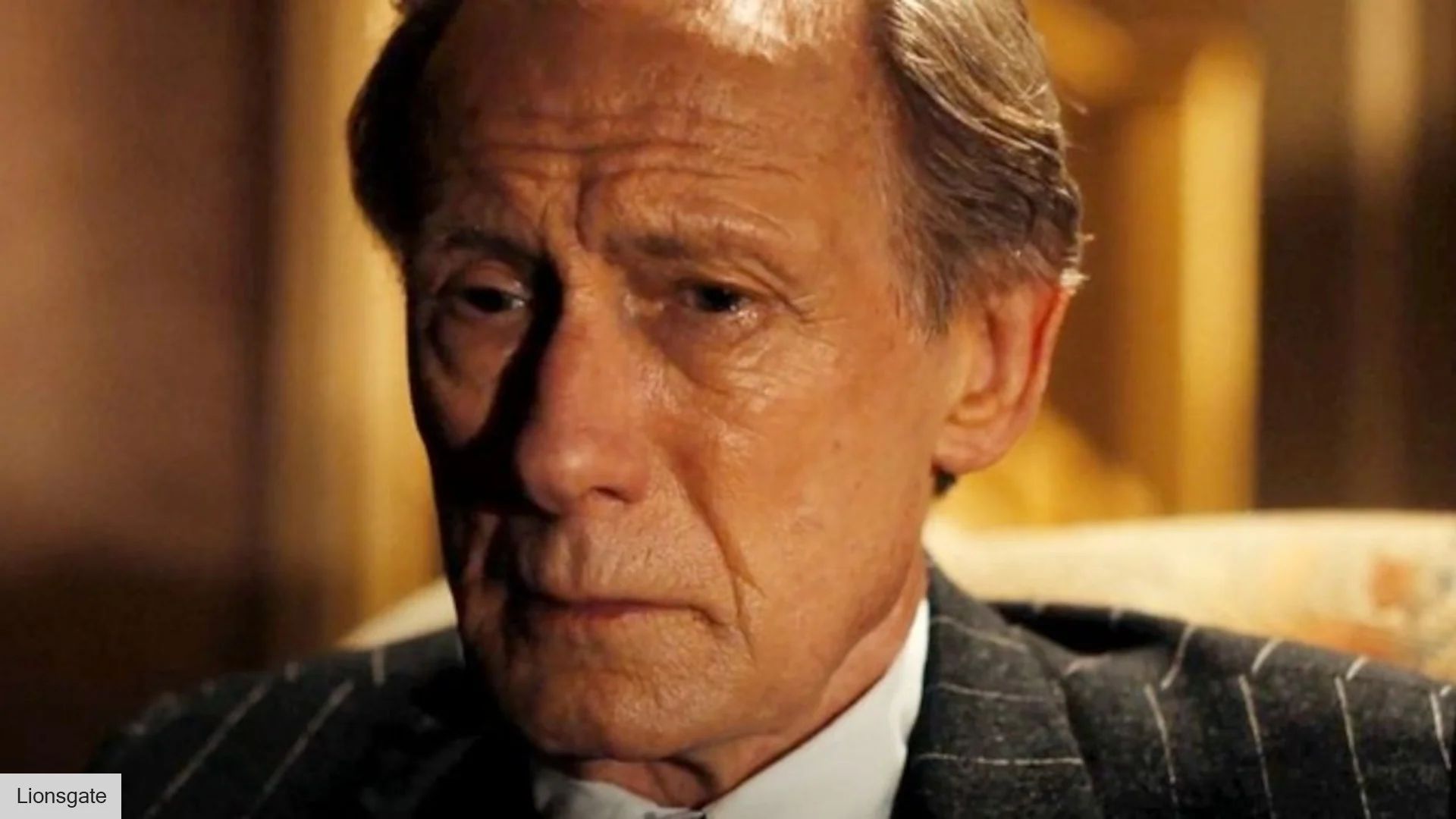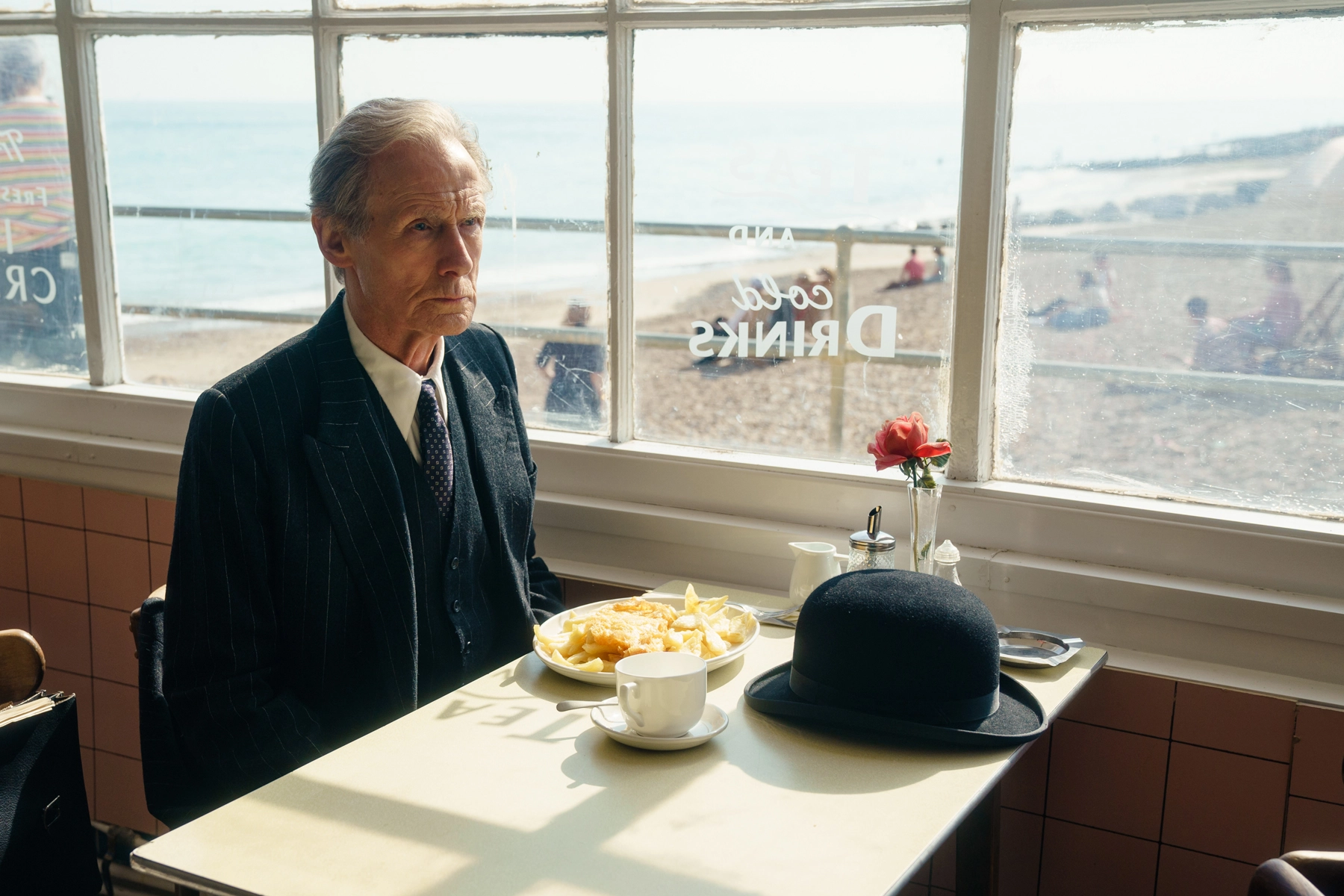From time to time most of us, wonder how our lives might be brought to an end. This isn’t morbid or odd, but part of what it means to think about being human and reflecting on the shape and possible end of this one life of ours. Of course, I don’t feel particularly old, but this morning faced with a room of six form students. I suddenly realised that I was old enough to be the grandfather. I looked across the room and wondered about my younger self – those years of adolescence and growing up before the escape to university, they listened and asked questions, attentively and wisely. During the passing moment of a pause in the conversation, I wondered whether I’d like to go back to that place and what I might set about changing. Speculation and wishful thinking and probably not wise, but a moment that didn’t last long.
Washing my hands before lunch, I looked in the mirror and thought to myself – yes, you are older, and no, I really wouldn’t want to turn the clock back. For a fragment of a second or two, I wondered about the future and its prospects. Then I realised what was lurking somewhere in my consciousness – the memory of a film, enjoyed and relished, and changed by the story, the characters, and the narration of both living and dying.
Mr Williams is a civil servant works without any obvious job satisfaction in the town planning department. Routine, loneliness, a certain tedium and broken family relationships shape his life.
Approaching retirement, Mr Williams receives a stomach-cancer diagnosis with one year to live.He suddenly realises that he has hardy lived. This is the start of a different journey and an ambition. He sets his heart and will on leaving a legacy by forcing the authorities to build a small children’s playground.
Nighy plays Mr Williams ( above) He is vulnerable, introverted and shy. His character is revealed in close shots of his face and eyes and movements. His work colleagues seem equally ‘dead’ liberated by a new office worker who senses the pain of the man and sets out to support and encourage the ambition to fight the town hall bureaucracy. The screenwriter reveals the way we all become imperceptibly ( perhaps) institutionalised by the places and people we work with.
In Living, the playground is handover to the community and clearly has become a gift to that bit of London much in need of space. Swing and the roundabout move and shift with the children becoming, as it were a symbol of all of our need to live and live as best and fully as we can. The film is gentle with a pace that draws you into the detail of the silence as well as the words and dialogue. It is also sad – and I found myself crying, but not sure who I was crying for. Where is our passion? What is our legacy? How are we to deal with the inevitable progress of mortality? Do we really need to be told what at one level we already know?
It is a beautiful film in a slow, almost imperceptible way. There is also deep emotional intelligence which has stayed with me for some weeks. I was glad but also a little bit surprised that it decided to revisit my consciousness and life in the bathroom mirror this morning.
So one wonders – what will these days bring and how might we live well ? What fruit will we bring bear for good and love?


